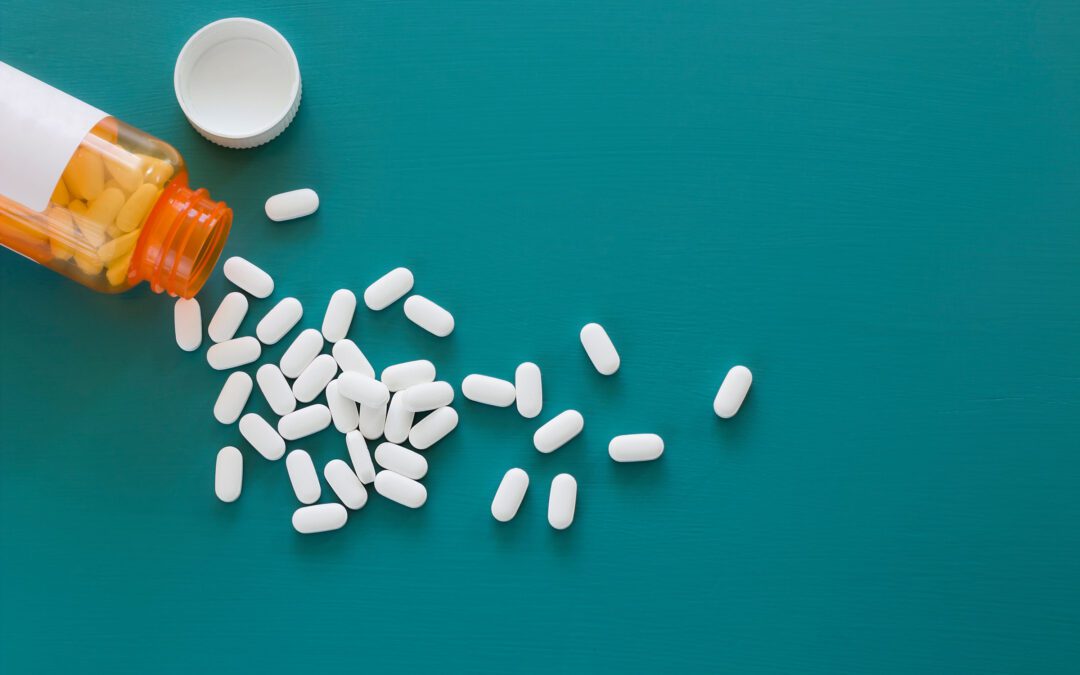The teenage years can be a challenging time for both parents and teens. As young people grow, their brains are still developing, making them particularly vulnerable to the addictive nature of certain medications. Painkillers and anti-anxiety medications, often prescribed by doctors, can lead to addiction if not used carefully. As a parent, understanding the risks and taking steps to prevent misuse can make a significant difference. Below are some practical ways to protect your teen from the dangers of prescription drug misuse.
1. Learn About Commonly Abused Prescription Drugs
Certain prescription drugs are more likely to be misused by teens, including:
- Opioid pain relievers like Oxycodone, Vicodin, or Norco
- Stimulants such as Adderall or Ritalin
- Anti-anxiety medications like Xanax or Valium
These medications can change how the brain works, affecting the reward system and making it harder for young people to feel good without taking the drugs. Over-the-counter medications, like dextromethorphan (commonly found in cough syrup), can also be misused and are dangerous when taken in large doses. Educating yourself on these substances is a crucial first step.
2. Discuss the Risks and Safety Precautions with Your Teen
It’s essential to have open and honest conversations with your teen about the dangers of misusing medications. While these drugs may be prescribed by a doctor and seem safe, using them incorrectly or recreationally can be extremely dangerous. Explain that a young person’s brain is more susceptible to addiction, and misusing these medications can have long-term consequences.
3. Monitor Medication Usage
As a parent, take responsibility for dispensing your teen’s medications. Keep a record of the doses and times they are taken. Since the effects of some medications can impair judgment, it’s important to ensure that your teen is taking their medications exactly as prescribed. Supervision can prevent mistakes or intentional misuse.
4. Store Medications Securely
To reduce the risk of medication misuse, store painkillers and other drugs prone to abuse in a secure location. Keeping track of how many pills are in each bottle can help you ensure that none go missing. Locking away medications can also prevent accidental misuse by others in the household.
5. Ask Your Medical Professional the Right Questions
Teens can become addicted to medications after being prescribed painkillers for a sports injury or oral surgery. Before agreeing to any prescriptions, ask your healthcare provider the following questions:
- Are non-narcotic alternatives available?
- Can the prescription be written for a smaller quantity of medication?
- How should the medication be taken (e.g., every six hours, or just during waking hours)?
- What is the maximum dose your teen should take in a 24-hour period?
- Are there any substances (e.g., allergy medications, alcohol) that may interact with the painkillers?
- Should the medication be taken even if the pain is mild or intermittent?
- When and how should your teen stop taking the medication?
Being informed can help you manage your teen’s pain safely without increasing the risk of dependency.
6. Dispose of Unused Medications Properly
Unused medications should be disposed of as soon as they are no longer needed. Many communities offer drug drop boxes for safe and anonymous disposal. In places like Orange County, California, you can safely dispose of medications by mixing them with unpalatable substances such as dirt, kitty litter, or used coffee grounds, placing them in a sealed container, and throwing the container in the trash. Do not flush medications down the toilet or drain, as this can harm the environment.
Final Thoughts
By staying informed, having open and honest talks with your teen, and keeping an eye on how medications are stored and used, you can really help protect your child from the risks of prescription drug misuse. It might feel like a tough topic to bring up, but it’s never too early to start these conversations and put a few simple safety measures in place.
For more information about safe medication disposal, visit www.rxdrugdropbox.org.
